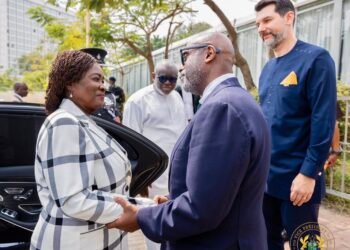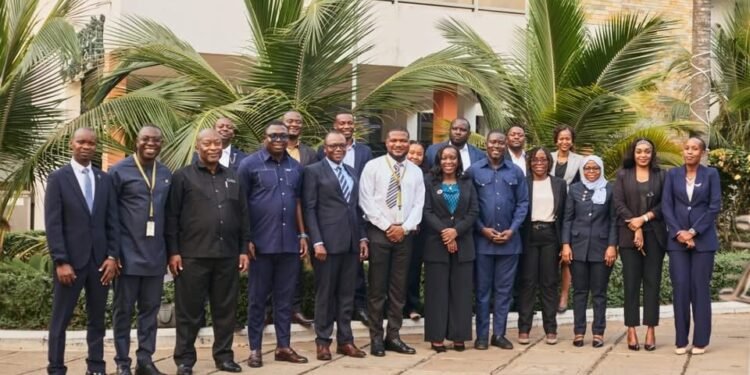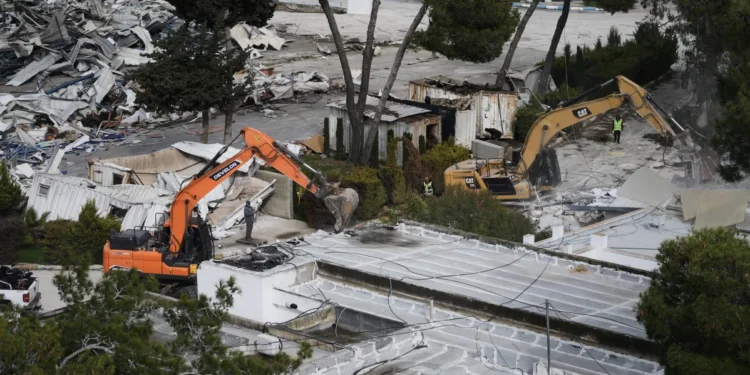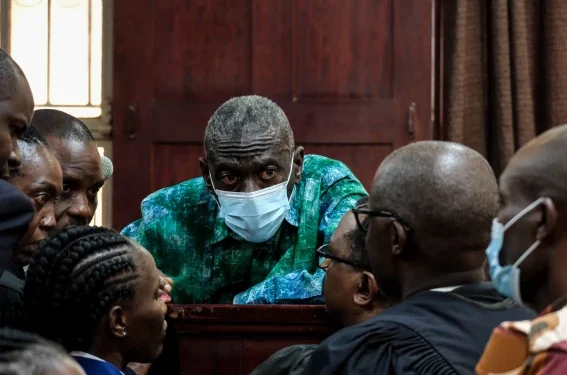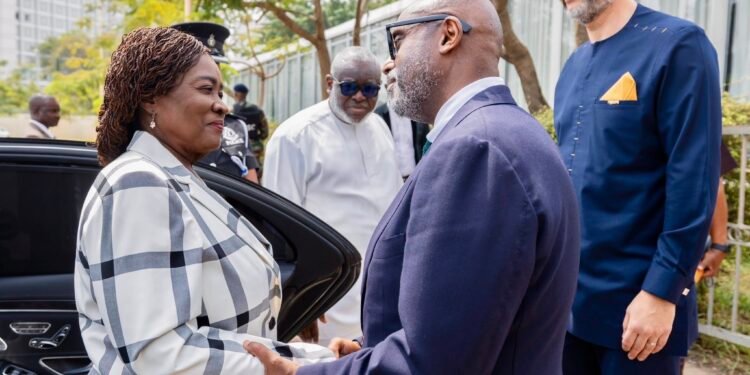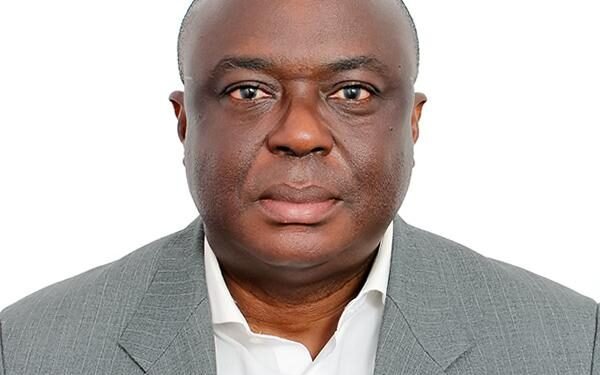The Director of Communications at the Electricity Company of Ghana (ECG), Stanley Martey, has revealed that the Company is struggling to meet the demands for service connection in the country.
Mr Martey indicated that the ECG finds itself in a financial predicament and it is imperative the issues impeding its growth are resolved soon. He explained that the challenge the company is facing has affected all areas of its service provision to the public even in situations when the service is paid for.
“We are struggling to match the demand for even service connection. People have paid and sometimes for a month and they have not been serviced, you can check. We have some meters available and we don’t have prepaid. And this is like, as you made mention, low hanging fruits for example when the person is ready to pay, so what is the problem? And we can’t even, I mean, people call you as if when you want service you’re supposed to know somebody, something that somebody is paying for.”
Stanley Martey
Mr Martey intimated that the company has been struggling in recent times to acquire prepaid meters due to the fact that they have proven expensive as they are not supposed to be sold to the public at the commercial average, translating to losses for the company. He expressed that these challenges have led to both logistics and other challenges as the company is unable to retrieve funds it puts into service provision. That notwithstanding, he expressed optimism that the submission of their proposal to the Public Utilities Regulatory Commission (PURC) for a 148% hike in electricity tariffs will support the company’s financial growth and finally meet the demands of consumers as it intends to.
“But the meters are not there because they’re expensive. They’re subsidized so we’re not allowed to charge the commercial average of the meters we’re buying and so we have to get the money to buy and still we don’t make it. So these are challenges that we think that you need to meet us halfway.”
Stanley Martey
ECG urges consumers to accept new tariffs
Meanwhile, Mr Martey called on the general public to support ECG’s efforts to get customers to pay realistic tariffs. He explained that should consumers kick against the idea, the utility company will have no other option than to halt operations in the future.
The ECG’s Director of Communications opined that it no longer continue to struggle to stay afloat using the meagre revenue it generates, thus the need for higher tariffs. According to him, its inability to generate enough revenue from the low tariffs it charges has largely contributed to the inefficiencies it experiences.
“Even we ourselves as an institution would have wished that we had 100% access, but unfortunately we haven’t been able to. And one of the reasons is that since the inception of PURC, or since I joined [ECG] 20 years ago, I don’t remember any time that we’ve had full cost recovery tariffs. So, every time you present cost of production at a certain figure, you’re given less than 50 or less than 30% of what you requested for. So there’s always been a backlog, and how can we be efficient when these things are happening? Seriously, if it hadn’t been for the prudent management of the [ECG], I don’t know what it would have become by now.”
Stanley Martey
Mr Martey revealed that some internal interventions has helped boost revenue generation, although more is needed to be done.
READ ALSO: Dr. Bawumia Charges Universities to Find Innovative Solutions to Gov’t Policies




